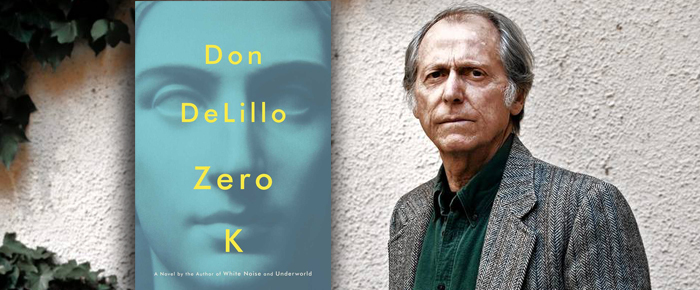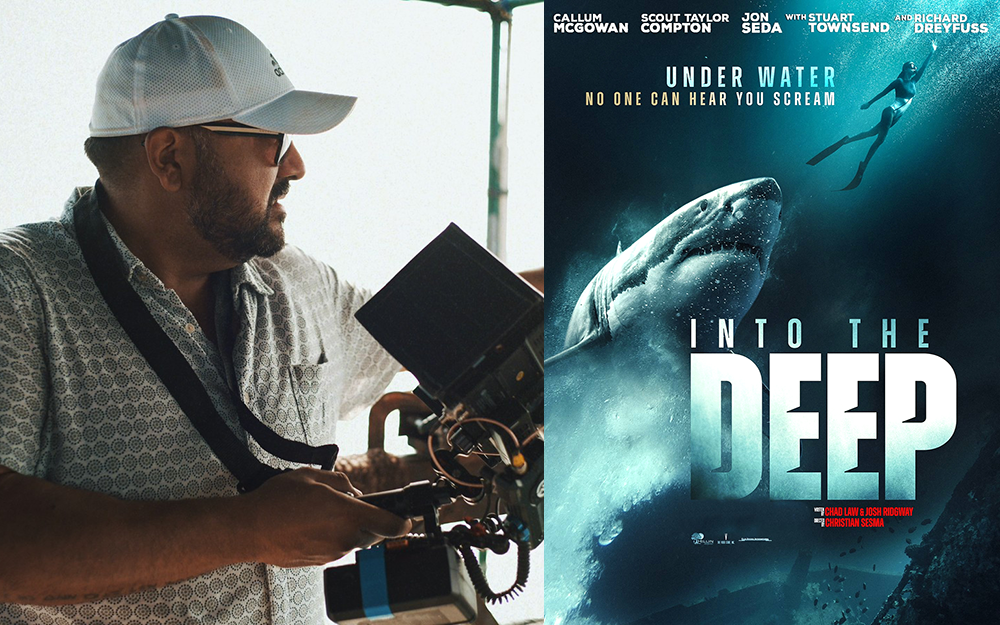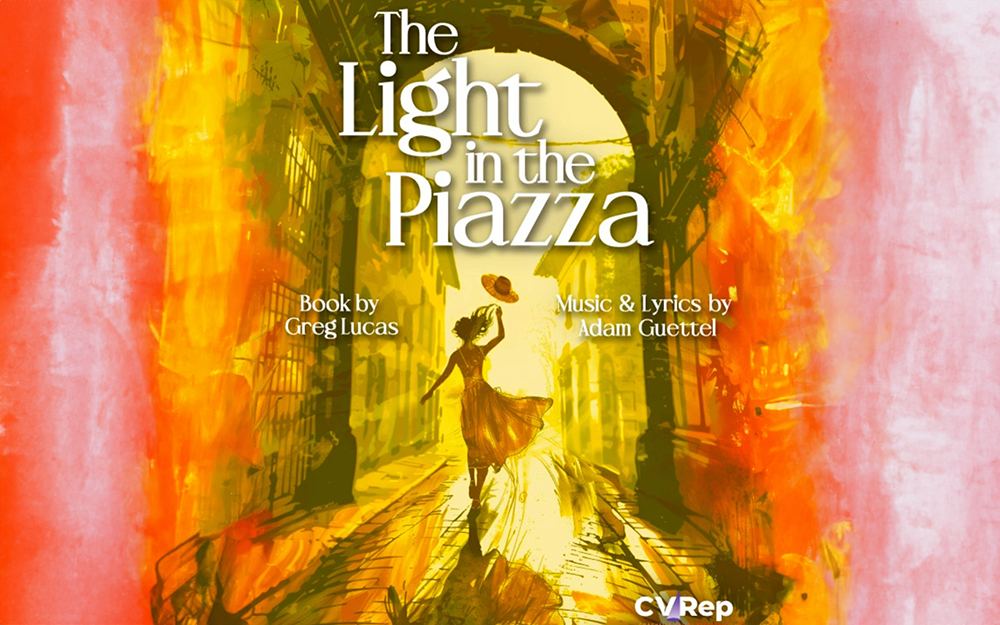
By Heidi Simmons
—–
Zero K
by Don DeLillo
Fiction
—–
Slowly but surely science and technology are moving toward cures for human disease. What if a new medicine or remedy became available after one’s death that might have reversed a deadly illness? If a body was properly preserved, could the remedy still be applied? Award winning novelist Don DeLillo, explores a treatment in Zero K (Scribner, 288 pages) that includes a new look at life itself.
The story is told by Jeffery Lockhart. He has been summoned by his billionaire father, Ross, from whom he has been estranged, to a futuristic and secretive location in a remote facility near Kyrgyzstan.
Jeffery’s stepmother, Artis, much younger than his father, is dying of a genetic disease. She had a career as an archaeologist, and she and Ross have decided to be frozen – or cryogenically stored indefinitely for an eventual scientific and or technological breakthrough and perhaps resurrection!
Ross has given money to the organization called “Convergence” and has helped build the cryogenic facility. The compound is stark, windowless and the robed people running it are strange and cult-like. No one really talks but there are lectures that include devastating images of human destruction and mayhem.
Artis has chosen to go through the cryogenic process just prior to her death and Ross decides to join her. Jeffery is not on board with his father’s choice.
As the only child, Jeffery takes on the roll of supportive son, but only when it comes to the death of Artis. Together, father and son watch as Artis takes her last breath and is put into deep freeze.
Jeffery and Ross return to New York and life goes on, but it is not the same for either of them. In only two years, both will return to Convergence.
I was fascinated by Jeffery’s character. He is eccentric and markedly different from other trust-fund children. He is not interested in making loads of money and he appreciates the diversity of those living a simple life in New York City. He likes to observe people and enjoys giving strangers made-up names. He is curious about different people’s purpose and their contributions to the world.
Under the circumstances of visiting his father and witnessing Artis’s death, Jeffery evaluates his own life. He recalls his mother and growing up without Ross. Jeffery has OCD and was always the weird kid. But he concludes that his approach to life and living is beautiful.
Jeffery wants to celebrate life in his own humble and meaningful way. He likes being a part of this world and isn’t interested in being frozen no matter what the future might be.
Zero K delivers thoughtful debate about life on this planet and what the future may bring. “Zero K” refers to the unit of temperature that is minus 273.5 degrees Celsius or zero Kelvin, named for physicist William Thomson who was the first Baron Kelvin. But, in the story, “Zero K” refers to the process of freezing a client before death for cryostorage.
As a first person narrator, Jeffery is easy-going and takes in the whole process without freaking out. He engages with the people at the facility with an open mind, respect and curiosity. Jeffery is not brainwashed, nor is he argumentative. Although he is somewhat detached as a person, he takes it all in as a lesson about life itself. He sees human nature, fragility and mortality in a meaningful but new way. For Jeffery it’s not personal. Jeffery likes pondering what it means to be alive, to be someone, to speak, to hear, and to exist.
I especially enjoyed the conversations about the future possibilities of being reanimated and reversing the biochemistry of death. As told by DeLillo, being resurrected by science and technology seems less far-fetched than being reanimated by Devine intervention.
Author DeLillo allows his characters to self-examine and contemplate global ideas of population wars and human destruction. In fact, it is a big part of what the “cryo-cult” believes is inevitable. The world is facing destruction. Convergence is not only a scientific endeavor; it is a social experiment as well as a philosophy.
Zero K reads like a meditative experience. DeLillo conjures a troubled but beautiful world where life is embraced fully — even in death.










































